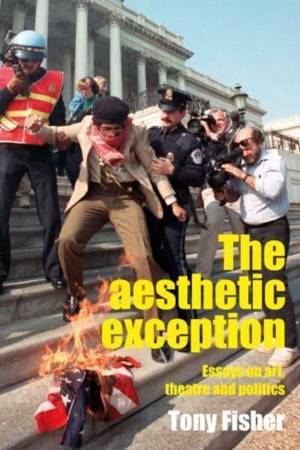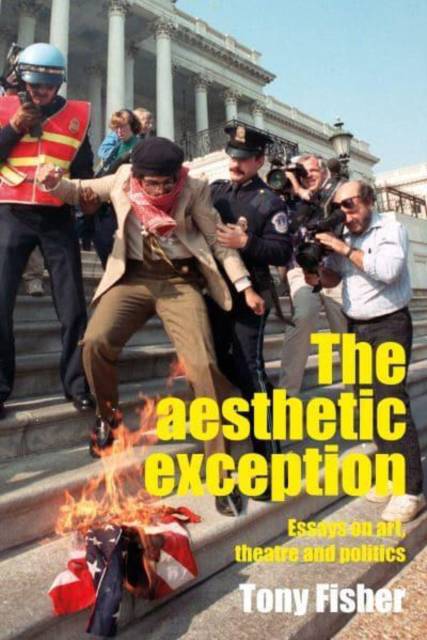
Je cadeautjes zeker op tijd in huis hebben voor de feestdagen? Kom langs in onze winkels en vind het perfecte geschenk!
- Afhalen na 1 uur in een winkel met voorraad
- Gratis thuislevering in België vanaf € 30
- Ruim aanbod met 7 miljoen producten
Je cadeautjes zeker op tijd in huis hebben voor de feestdagen? Kom langs in onze winkels en vind het perfecte geschenk!
- Afhalen na 1 uur in een winkel met voorraad
- Gratis thuislevering in België vanaf € 30
- Ruim aanbod met 7 miljoen producten
Zoeken
€ 209,45
+ 418 punten
Omschrijving
The aesthetic exception theorises anew the relation between art and politics. It challenges critical trends that discount the role of aesthetic autonomy, to impulsively reassert art as an effective form of social engagement. But it equally challenges those on the flipside of the efficacy debate, who insist that art's politics is limited to a recondite space of 'autonomous resistance'. The book shows how each side of the efficacy debate overlooks art's exceptional status and its social mediations. Mobilising philosophy and cultural theory, and employing examples from visual art, performance, and theatre, it proposes four alternative tests to 'effect' to offer a nuanced account of art's political character. Those tests examine how art relates to politics as a practice that articulates its historical conjuncture, and how it prefigures the 'new' through simulations capable of activating the political life of the spectator.
Specificaties
Betrokkenen
- Auteur(s):
- Uitgeverij:
Inhoud
- Aantal bladzijden:
- 288
- Taal:
- Engels
Eigenschappen
- Productcode (EAN):
- 9781526170163
- Verschijningsdatum:
- 13/06/2023
- Uitvoering:
- Hardcover
- Formaat:
- Genaaid
- Afmetingen:
- 156 mm x 234 mm
- Gewicht:
- 580 g

Alleen bij Standaard Boekhandel
+ 418 punten op je klantenkaart van Standaard Boekhandel
Beoordelingen
We publiceren alleen reviews die voldoen aan de voorwaarden voor reviews. Bekijk onze voorwaarden voor reviews.









